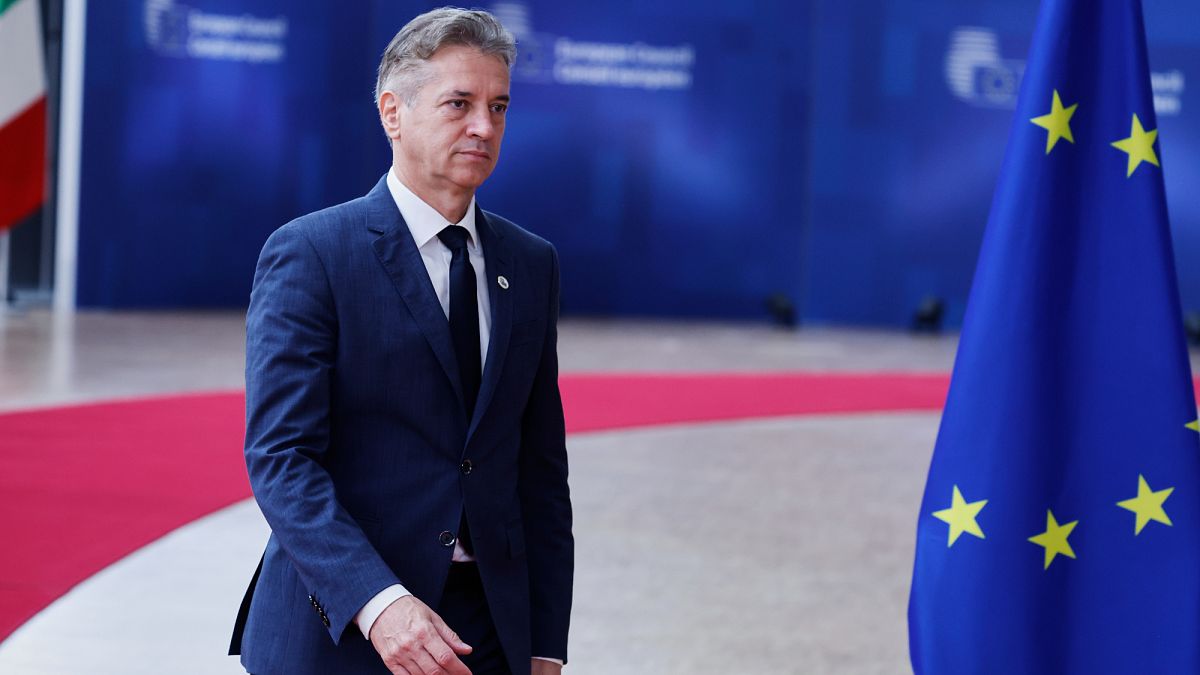

In a series of noteworthy events across the globe, several nations are navigating complex political landscapes with measured and decisive steps. Let’s delve into these developments calmly and thoughtfully, considering their broader implications on the international stage.
Slovenia’s Stand on Weapons Trade
In a pioneering move, Slovenia has become the first European Union country to prohibit weapons trade with Israel. This decision follows Slovenia’s recognition of Palestine as a state the previous year and its continuous advocacy for a ceasefire in Gaza. The Slovenian government has also emphasized the importance of increasing humanitarian aid to the region, showcasing its commitment to promoting peace and stability. Such a stance signifies Slovenia’s growing influence in EU policy debates concerning the Middle East.
Germany’s Diplomatic Balance
Meanwhile, Germany is reaffirming its role as a key player in international diplomacy concerning Israel. While traditionally a firm ally of Israel, German officials have expressed increasing criticism of Israel’s actions in Gaza. However, Germany’s Foreign Minister has stressed the significance of preventing Israel’s international isolation, urging both sides to facilitate a more constructive dialogue. This nuanced approach underscores Germany’s diplomatic responsibility and its endeavor to balance support with accountability.
Challenges in Hungary
In Hungary, societal debates continue as the authorities confront challenges surrounding LGBTQ+ rights. Prime Minister Viktor Orbán’s administration recently scrutinized the mayor of Budapest for his role in an unauthorized Pride march, underscoring the tension between national policies and the advocacy for LGBTQ+ visibility and equal rights. The Hungarian government’s stance is rooted in concerns over children’s moral and spiritual development. Despite the legal hurdles, advocates remain determined to foster inclusivity and acceptance.
Pakistan’s Political Landscape
Across the globe in Pakistan, the political landscape is marked by significant legal proceedings. Over 100 members of former Prime Minister Imran Khan’s party have been sentenced following their involvement in nationwide protests last year. These protests were ignited by Khan’s arrest and have played a crucial role in shaping Pakistan’s contemporary political climate. Supporters of Khan perceive these developments as part of a concerted effort to diminish his movement’s influence.
Humanitarian Concerns in Tigray
Amidst these political shifts, a recent report highlights grave humanitarian concerns in Ethiopia’s Tigray region. The report documents severe human rights violations, including mass rape and forced pregnancies, perpetrated by Ethiopian and Eritrean forces. Compiled by respected organizations, this research shines a light on the urgent need for accountability and resolution. The comprehensive documentation aims to amplify calls for international action to address the atrocities and bring justice to affected communities.
The interconnected nature of these global events emphasizes the importance of measured political engagement and the pursuit of diplomatic solutions. As nations navigate complex issues, there is a collective responsibility to foster peace, uphold human rights, and support inclusive dialogue. Each of these developments urges us to reflect mindfully on our shared global values and the paths toward a harmonious future.
Source: {link}
